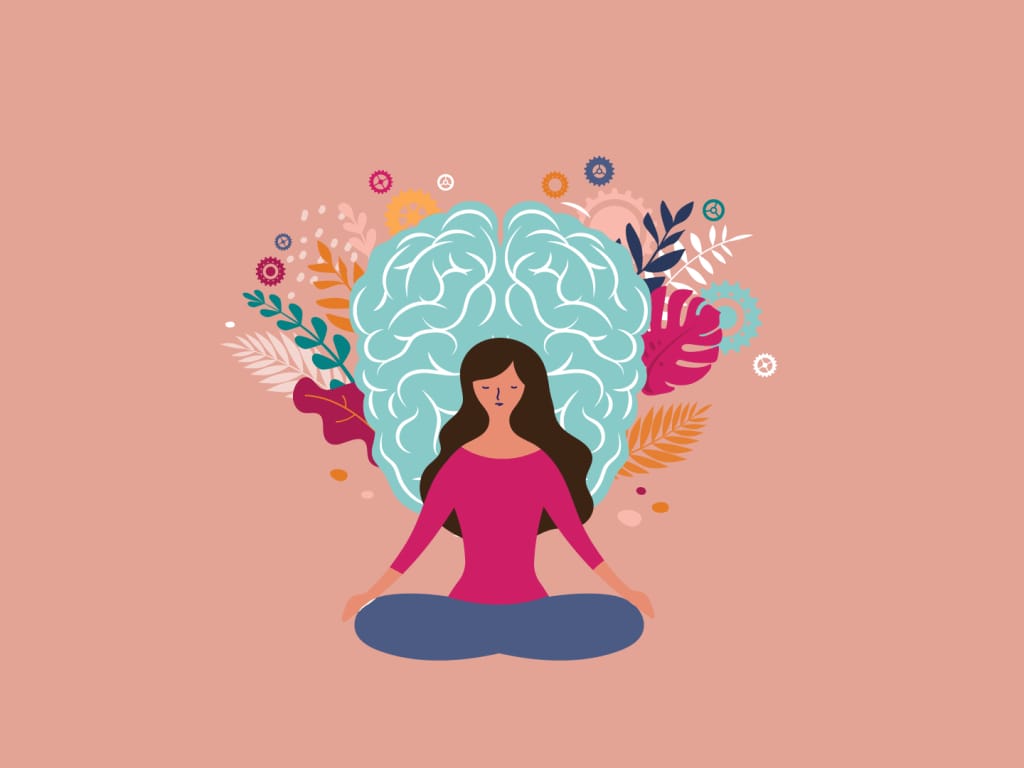Tips And Tricks to Manage Negative Emotions
Everyday problems and a wide spectrum of emotions, including extremely negative ones like tension, anxiety, and despair, are common occurrences for all of us. At a certain point in life, developing emotional resilience becomes essential for preserving one’s mental health and handling these incredibly debilitating emotions.

Many mental health professionals agree that practicing mindfulness is a wonderful strategy for building emotional resilience. The subject of how mindfulness practice helps regulate unpleasant emotions and improve emotional health still needs to be answered, but trust us when we say it is far easier than you might think.
To practice mindfulness, one must first realize that it entails paying attention to the present moment without passing judgment. One can improve their ability to recognize their emotions as they develop by doing this specific act. We are able to recognize and accept unpleasant feelings without letting them consume us because of our self-awareness. It offers a setting for comprehending our emotional experiences and having appropriate emotional reactions to them.
A mindset of acceptance and non-judgment toward our emotions is fostered through mindfulness, according to Rahul Chandok, Head Consultant-Mental Health and Behavioural Science Artemis Hospital, Lite NFC, New Delhi. Instead of categorizing emotions as “good” or “bad,” mindfulness encourages us to observe them with inquiry and compassion. This non-judgmental attitude lessens the inclination to resist or repress negative emotions, enabling us to examine them honestly and comprehend their underlying causes.
He continued, “We learn to observe our emotions without responding to them right away through mindfulness practice. The time that passes between the occurrence of an emotion and our response gives us the chance to decide how we wish to respond. As a result, we can respond to unpleasant feelings in a calm and collected way rather than impulsively or feeling overwhelmed. Mindfulness helps us develop these emotional regulation skills.

Try to keep in mind that frequent mindfulness practice makes it easier for us to recover from difficult emotions. We become resilient and emotionally stable by mindfully noticing our negative emotions.
According to Mr. Rahul Chandok, who was speaking on improved stress management, “Stressors in our life frequently give rise to negative feelings. Our ability to respond effectively to our stress triggers improves as a result of mindfulness-based stress reduction approaches. By engaging in mindfulness practices, we can lessen the severity of our stress reactions, enhance our capacity to manage stress, and lessen the toll that stress takes on our mental health.
“Self-compassion, which is essential for controlling negative emotions, is fostered through mindfulness, he continued. When confronted with difficult emotions, mindfulness teaches us to be kind and compassionate to ourselves. Through encouraging emotional resilience and wellbeing, this self-compassionate approach helps to lessen self-criticism and self-judgment.
For overcoming obstacles in life and controlling unfavorable emotions, emotional resilience-building is a useful ability. An extremely potent and useful method for fostering this resilience is mindfulness practice.
Also Read: Lead is Extremely Harmful to Health, According to Several of Current Studies.



